A strong Ticket Management System (TMS) is an important solution. Whether you work in customer support, IT, or another industry that handles a high volume of requests, finding the right TMS can make all the difference. In this blog post, we will explore the key features to look for when choosing a Ticket Management System, allowing you to make an informed decision that meets the demands of your business.
User-Friendly Interface:
The foundation of any effective ticket management system is a user-friendly interface. Look for a platform with an intuitive design that will make it simple for your team to navigate and use. This not only saves time but also shortens the learning curve for new users, allowing your team to be up and running swiftly.
Customization Options:
Every business is distinct, as are its processes. A good TMS should provide customization options so that you can customise the system to your specific requirements. Look for features that allow you to define workflows, create custom fields, and set up automation rules. This adaptability ensures that the TMS adapts to your business, not the other way around.
Multi-Channel Support:
In today's digital age, customer requests can come in via email, chat, social media, and other channels. A comprehensive TMS should support multiple channels by consolidating all incoming requests into a single, unified platform. This not only improves efficiency but also ensures that no request, regardless of its origin, goes unnoticed.

Automation and Workflow Management:
Automation is a critical component in increasing productivity. Select a TMS that enables you to automate repetitive tasks, create predefined workflows, and set service-level agreements (SLAs). Automation not only reduces the likelihood of human error but also ensures a more consistent and reliable support process.
Reporting and Analytics:
You require insights into the performance of your team and customer satisfaction in order to continuously improve your support processes. You can get useful information about typical problems, customer feedback, and ticket resolution times from a TMS that has strong reporting and analytics capabilities. You can optimise your support operations and make data-driven decisions with the help of this information.
Capabilities for Integration:
Your TMS should interact with other systems and tools that your company uses with ease. The ability to integrate third-party apps, communication tools, and CRM software is essential for upholding a unified and networked workflow. By ensuring that data moves between platforms without interruption, this integration lowers the possibility of data silos.
Scalability:
Your business's support requirements will expand along with it. Select a TMS that can grow with you and handle the rising number of users and tickets. Scalability guarantees that the performance of your ticket management system won't suffer as it expands to accommodate your company's needs.
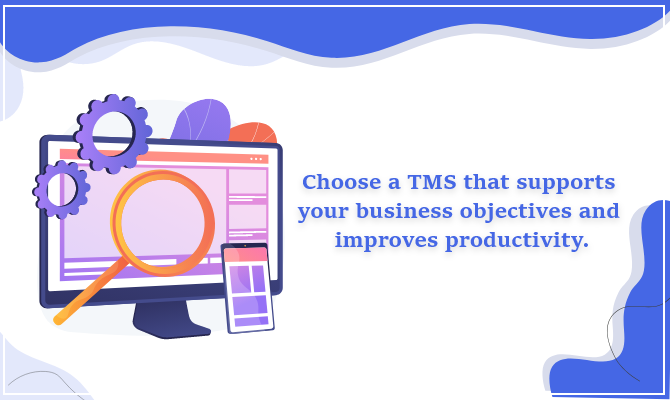
Conclusion:
Combining GSM calling with SIP calling as a backup option represents an innovative approach to communication. Users can enjoy dependable, cost-effective, and versatile calling experiences by combining the strengths of both technologies. This dynamic combination not only ensures continuous communication, but it also ensures our ability to remain connected in an ever-changing digital landscape. As we continue to rely on communication technologies, the combination of GSM and SIP calling proves to be an effective solution for both individuals and businesses.

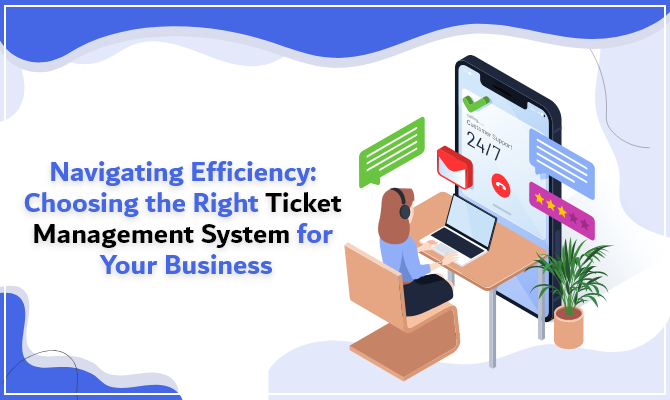


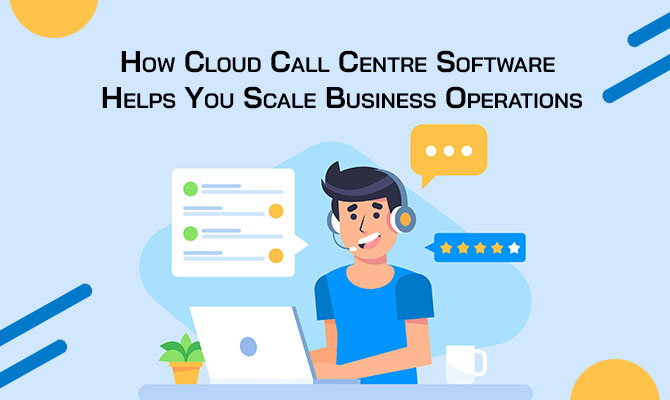

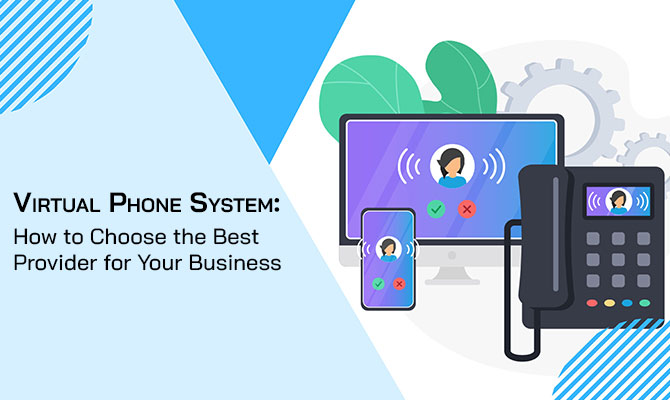
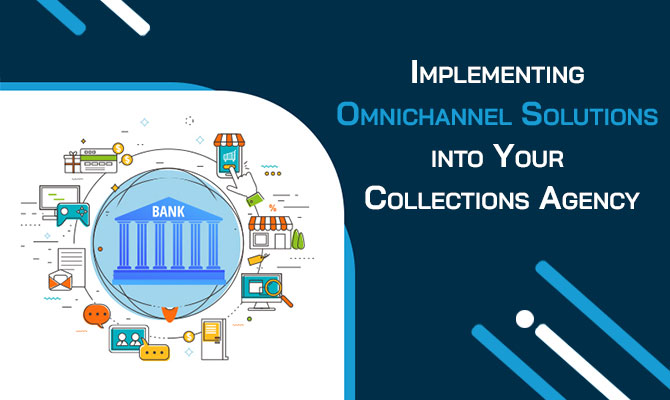



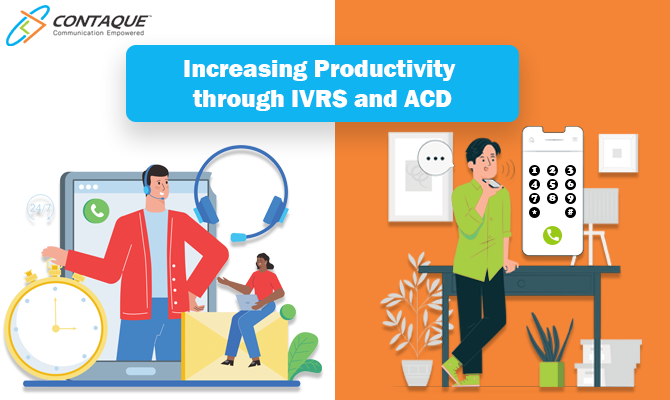

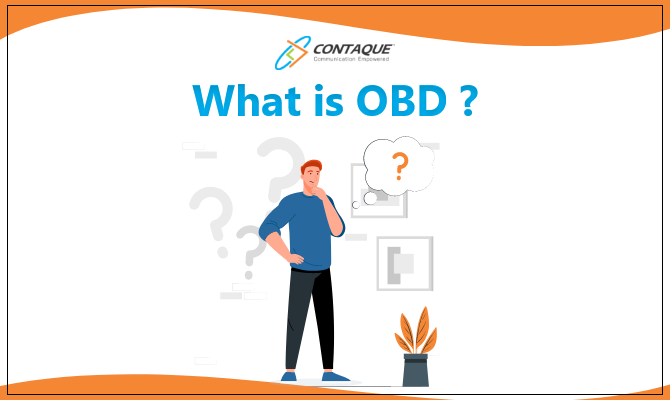
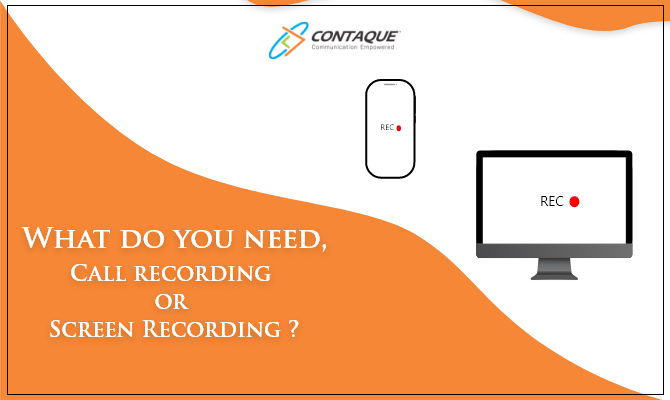

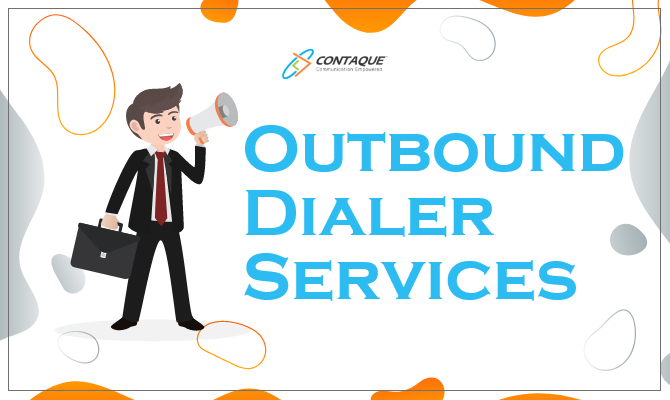
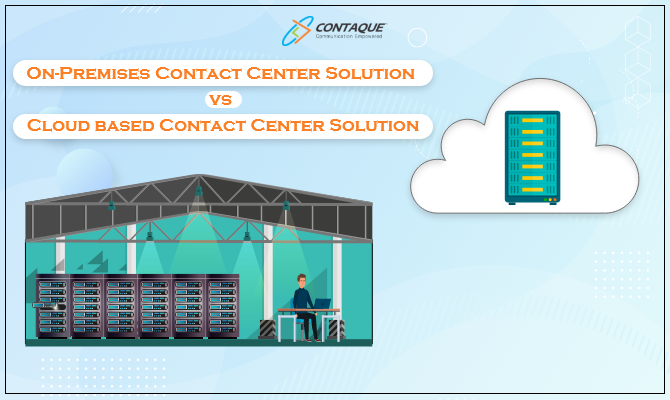
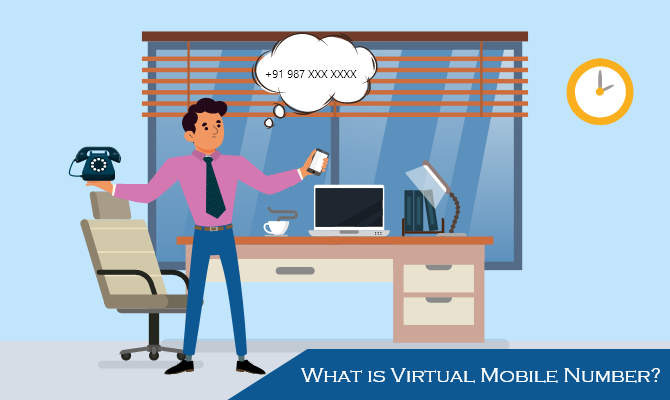


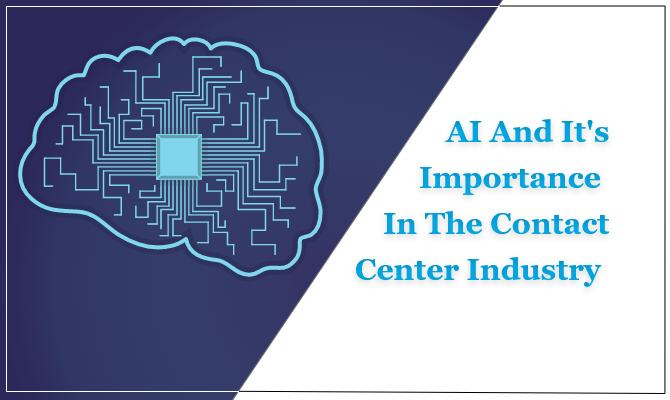
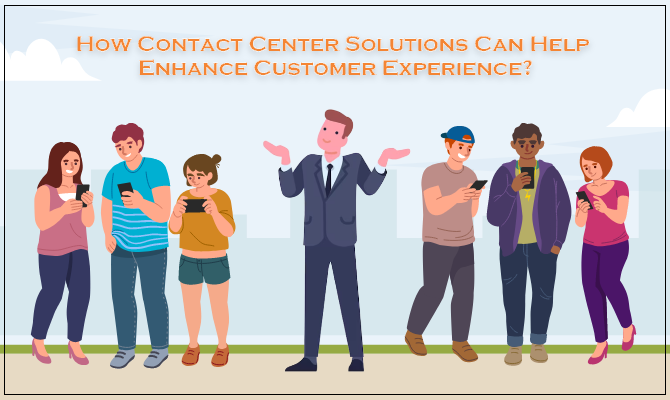
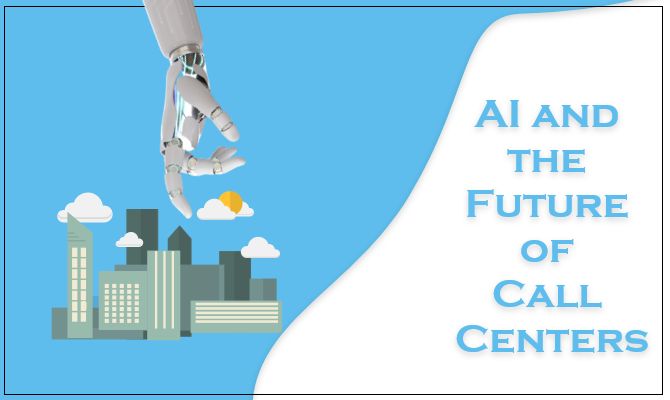


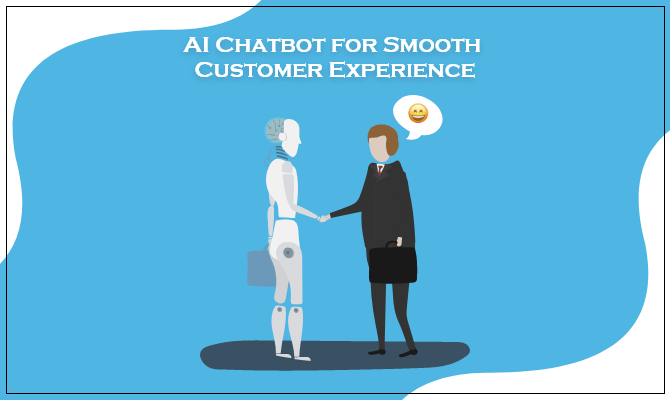
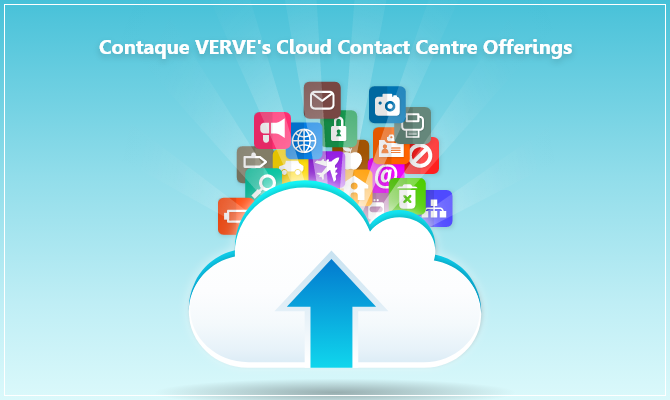
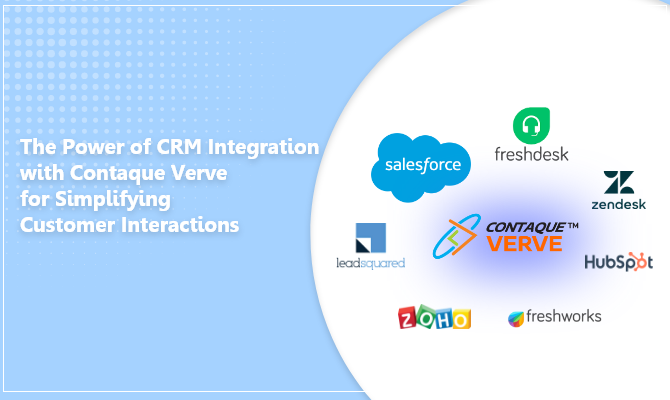

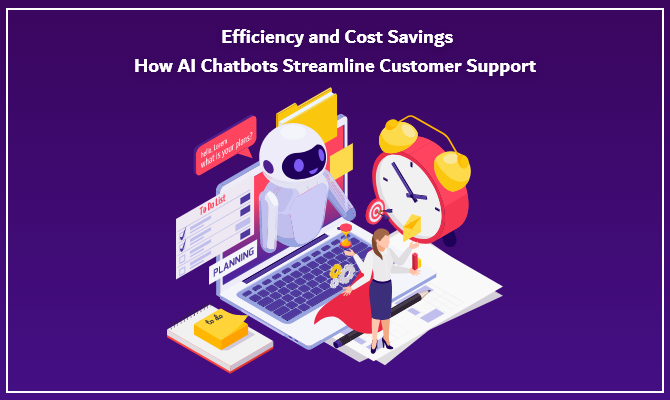
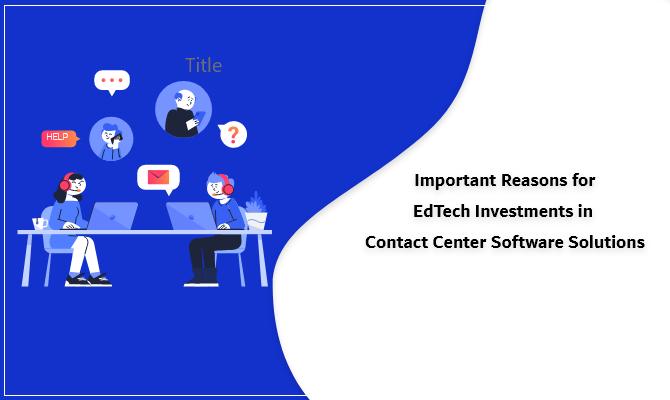


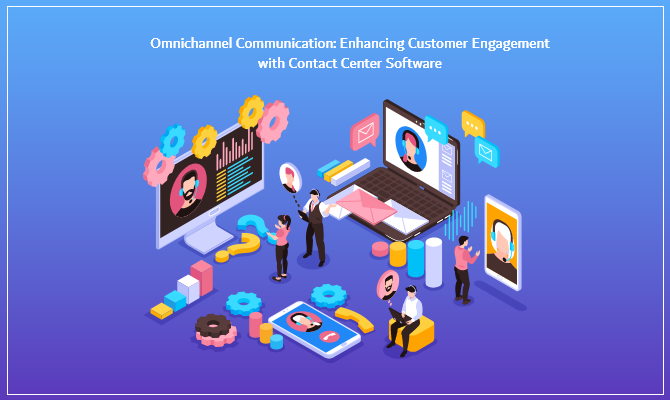
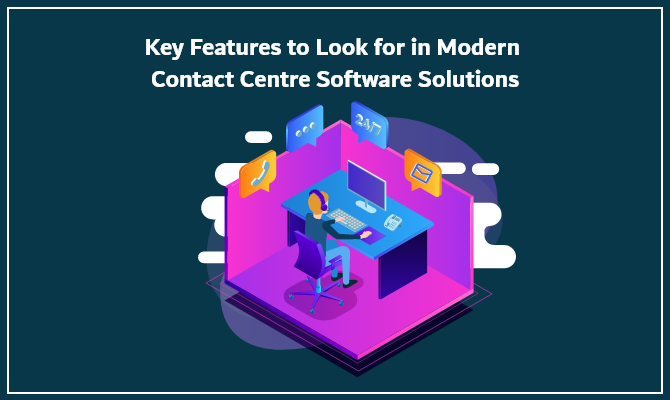
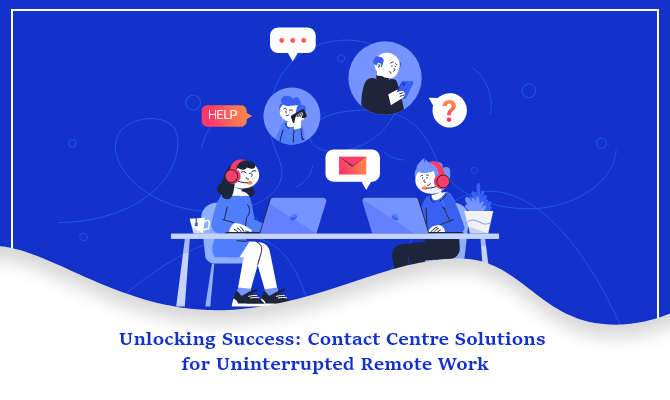



All Comments